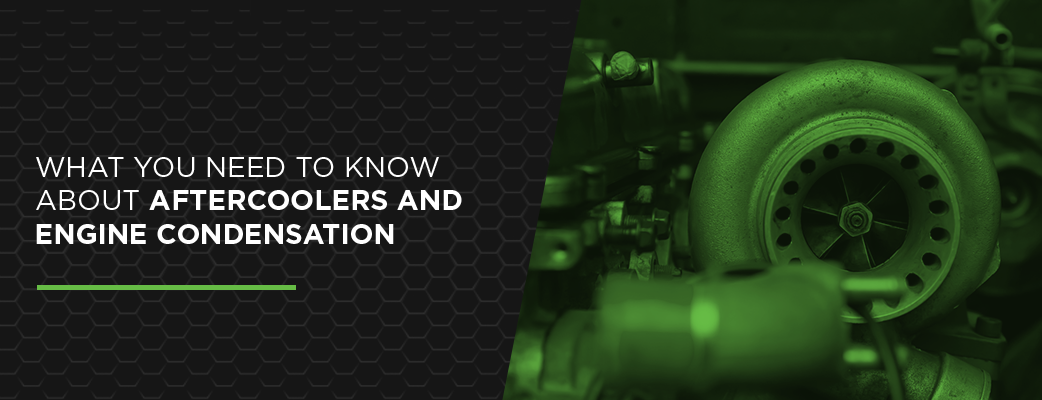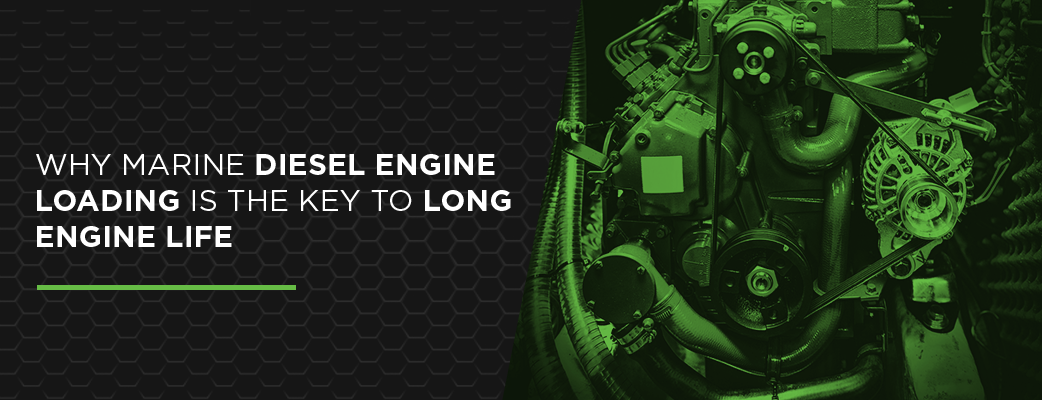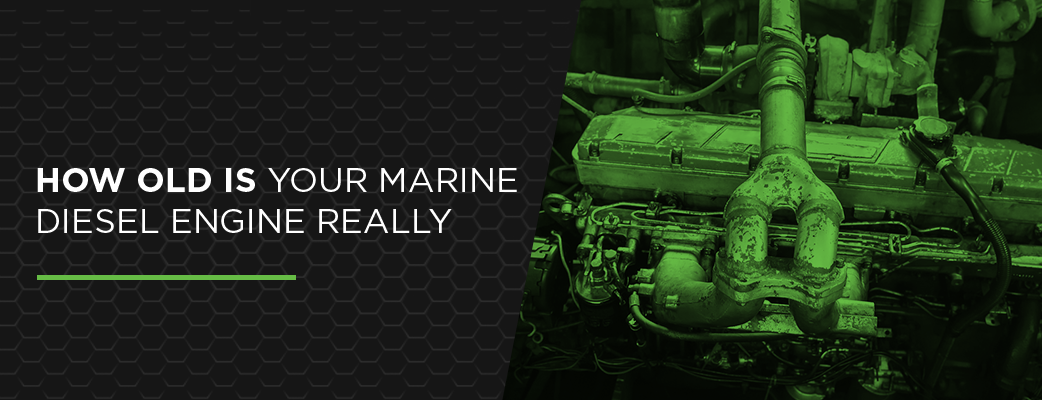Marine Diesel Engine Parts: Quality Solutions for Cummins, Detroit Diesel, and Caterpillar Engines
Marine diesel engines are built to withstand the harsh conditions of life at sea, powering commercial vessels, workboats, fishing boats, and recreational yachts. These engines require specialized parts to ensure reliable performance and longevity. At Diesel Pro Power, we provide a comprehensive range of marine diesel engine parts specifically for Cummins, Detroit Diesel, and Caterpillar engines. Our marine parts are designed to meet the challenges of marine environments, helping to keep your engine running at its best. In this article, we will focus on the marine-specific parts available for these top brands and explain why they are critical to…
Read More



 Free US Calls: 1-888-433-4735
Free US Calls: 1-888-433-4735 International: 305-545-5588
International: 305-545-5588



